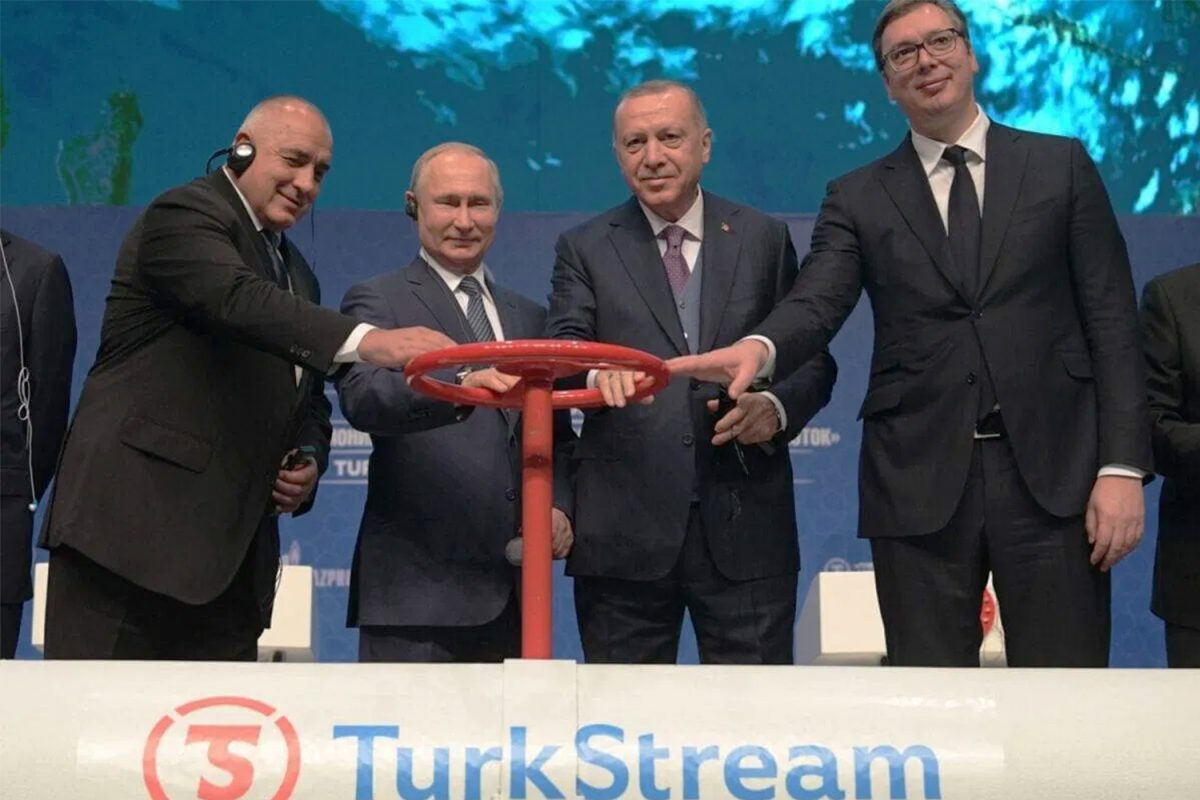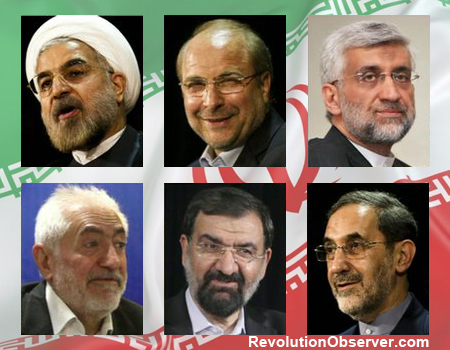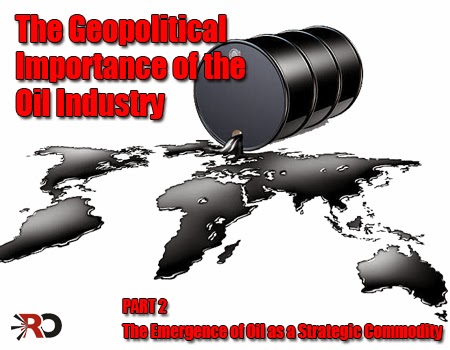Part 1 of RO’s four part series, on the geopolitical importance of the oil industry looked at the origins of the oil industry. Part 2 traced the emergence of oil as a strategic commodity. part 3 Looks at Oil and war
By Idries Devries
World War I would not be the only time a war was fought for control over oil. After Churchill’s decision to have the British Navy powered by internal combustion rather than steam, oil became more than just the “black gold” – it also became the “black weapon” for which wars were fought and through which battles were won or lost. This made the colonialist western states even more desiring of control over the Muslim world.
During World War II many of the German battle plans revolved around bringing under control these major oil producing regions of the world. Adolf Hitler invaded Russia with the aim of capturing first the oil fields of the Caucasus and then those around Baku. The ultimate aim was for the German army to proceed from Baku into Iran from its northern border and take possession of the British oil production facilities there. This German attack on Iran was to be supported by a western Iranian front, for which Hitler sent his trusted General Erwin Rommel into North Africa. His mission was to first wrestle control over the Suez Canal from the British to cut one of the two major supply lines of the British, and then move into the Arabian Peninsula and Iraq to invade Iran from its western border. Interestingly enough the German “grand plan” in North Africa would fail due to an inability to supply the rapidly advancing Rommel with fuel. When the German armies in Russia got stuck in the winter cold, Hitler’s war was lost.
This outcome of World War II changed the global balance of power equation drastically. America and Russia emerged as the new global power houses, taking over a lot of the influence Britain and France used to have over world affairs. But not all.
For example, British dominance in Iran remained. And with it, British control over one of the most important oil producers in the world. Very quickly, however, the Americans began making plans to end this British hegemony over Persia.
Under the leadership of George McGhee the American diplomats in the Middle East began to incite local populations against British influence. This way it became public knowledge in Iran that between 1945 and 1950 the Anglo-Persian Oil Company (APOC) made profits worth 250 million Pound Sterling on Iranian oil, while the Iranian government received just 90 million Pound Sterling in royalties – through taxing APOC even the British government made more than that on Iranian oil. Additionally, it became known that APOC was selling Iranian oil at a substantial discount to the British Navy. At the same time American oil companies went around the Middle East offering local rulers a much better deal than the British – 50% of the oil profits and US government support in case of domestic opposition against dealing with the American influence, i.e. full American support in case the British tried anything to stop the deal. All this together caused the Iranian public to demand nationalization of the oil Industry.
At first, the Iranians demanded from Britain a 50-50 profit split, just as the King of Saudi-Arabia had agreed with American oil companies sponsored by George McGhee. When the British refused to deal, in 1951, the situation erupted. The Iranian parliament voted in favor nationalizing the oil industry, this infuriated the British. They threatened military invasion and through the United Nations organized an embargo of Iranian oil. Then the Americans intervened. They told the British that they would not tolerate a military invasion of Iran. But, conscious of the British support in the war the Americans were fighting against the Soviets and China on the Korean Peninsula, they also told the British they would support them to find a solution for the Iranian crisis. America offered to help the British remove the Iranian prime-minister Mossadegh from power, if after that the British would give up the Anglo-Persian control over Iranian oil and share it with American firms. (The Americans presented this latter part of the plan to the British as necessary to misguide the Iranian public and make them accept continued Western dominance over Iranian oil). Grudgingly, the British agreed. So in 1953 the CIA launched Operation Ajax which, as is common knowledge these days, removed Mossadegh from power. Following this, Iranian oil was brought under the control of a consortium of seven Western oil companies. Anglo-Persian was back in Iran, but now had to share Iranian oil with five American oil companies – Standard Oil of New Jersey (later known as Exxon), Standard Oil of New York (Later known as Mobil), Standard Oil of California (Later known as Chevron), Texaco (since 2001 part of Chevron) and Gulf Oil (since 1984 part of Chevron) – as well as Royal Dutch/Shell and CFP from France (today named Total).
More recently the American Gulf wars of 1990 and 2003 were without doubt linked to oil. Shortly after Saddam’s invasion of Kuwait in 1990, Dick Cheney, the then American Secretary of Defense under Bush the 1st, told the Senate Armed Forces Committee: “Our strategic interests in the Persian Gulf region, I think, are well known, but bear repeating. We obviously also have a significant interest because of the energy that is at stake in the gulf”. At that time Iraq possessed 10% of the world’s proven oil reserves and it acquired another 10% by seizing Kuwait. The occupation of Kuwait also placed Iraqi forces within a few hundred miles of the Ghawar oil field in eastern Saudi Arabia, the biggest oil field in the world pumping some 5 million barrels per day. Cheney used this to justify military action against Saddam’s Iraq: “He was clearly in a position to be able to dictate the future of worldwide energy policy, and that gave him a stranglehold on our economy and on that of most of the other nations of the world as well”. [1]
After working as head of the oil and gas services firm Halliburton Cheney returned to public office in 2001 as Vice-President under Bush the 2nd. In this role one of his first projects was the development of a new American Energy Policy. In his second week in office he began having a series of meetings with executives from the major oil companies in the world – ExxonMobil, Conoco, SHELL and BP. [2] The outcome of these discussions was a report that said that for the long-term, America should try to reduce its energy consumption and increase the share of energy produced from renewable sources. However, the report acknowledged that in the near term America would remain reliant on imported fuel. After then setting out in detail what existing American interests in foreign energy resources were, it proposed where America should go next to secure a diversified supply of oil. [3] For this Cheney had gathered detailed maps of all Iraqi oil fields, as well as maps of oil fields and pipelines in Saudi Arabia and the United Arab Emirates and a list of oil and gas development projects in those two countries. [4] Six months following the publication of this report 11 September happened and America hastened to attack Iraq for a second time.In the final part of the series Oil’s place in the modern world is assessed as well as the development in Shale energy





